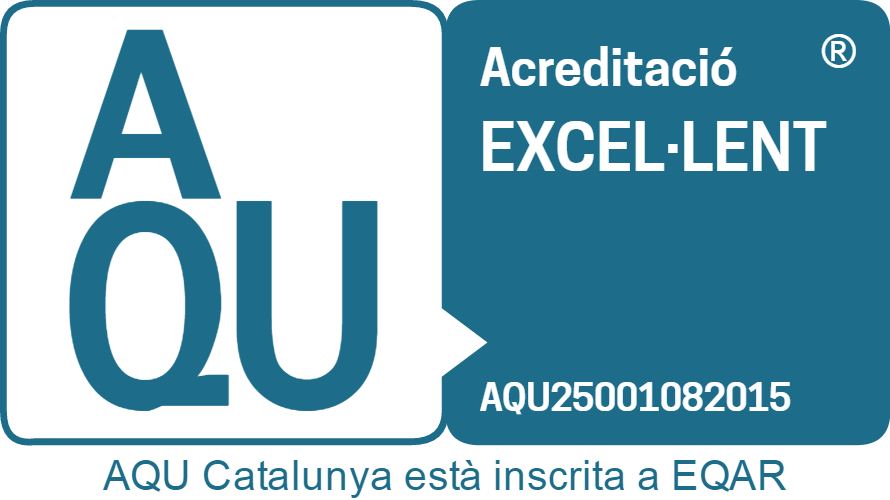Bachelor's degree in Audiovisual Communication
Duration
Four academic years
Fee
€1.285,44 (Approximate price for EU students. Other types) (*)
(*) Includes the charges for handling the registration and transcription, publications and academic forms and student insurance.
Places
80
Admissions
Branch of knowledge
Social and legal sciences
Schedule
Half-day schedule in the first two years, and morning and afternoon in the last two years
Academic year
From September to June
Credits
240 ECTS credits Basic subjects: 60; compulsory subjects: 116; optional subjects: 40; external internship: 10; bachelor's degree final project: 14
Languages
Catalan, Spanish and English (depending on the subject)
Organizer

